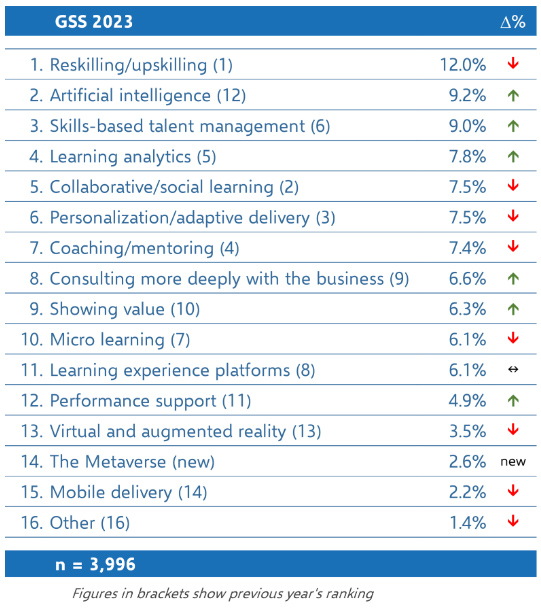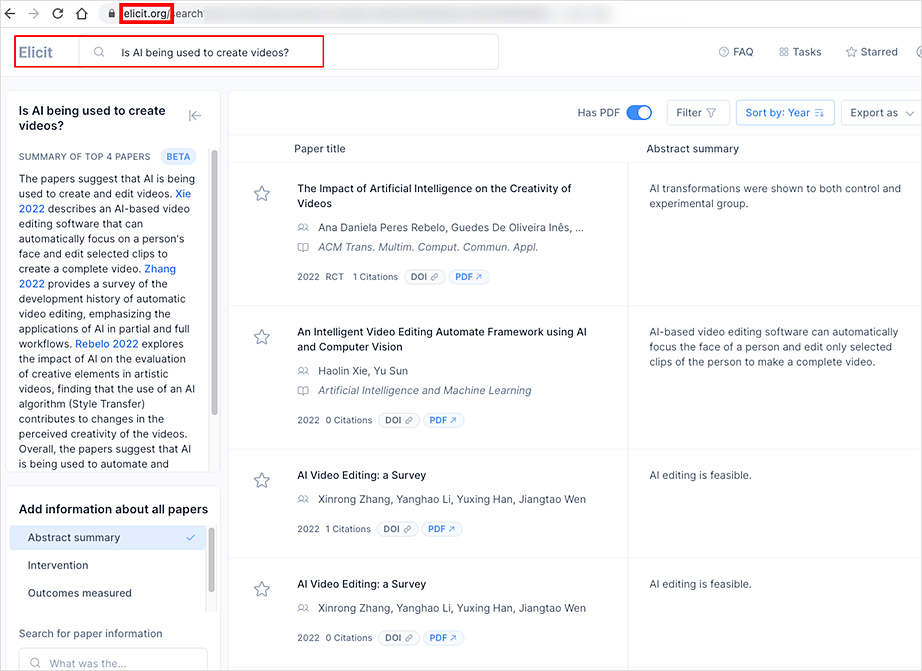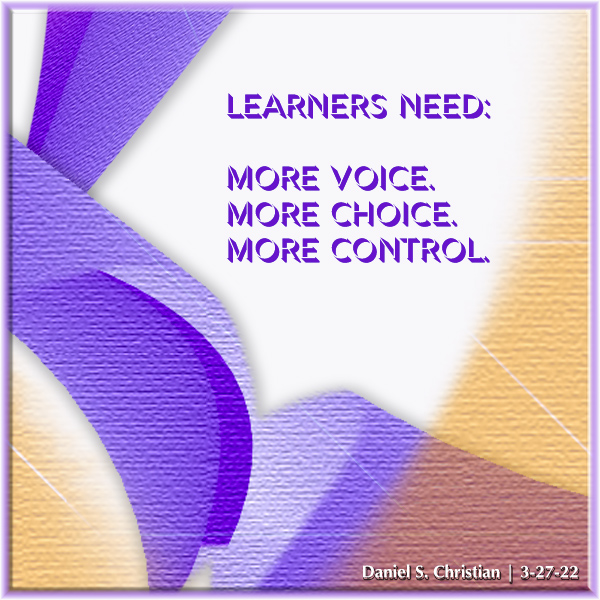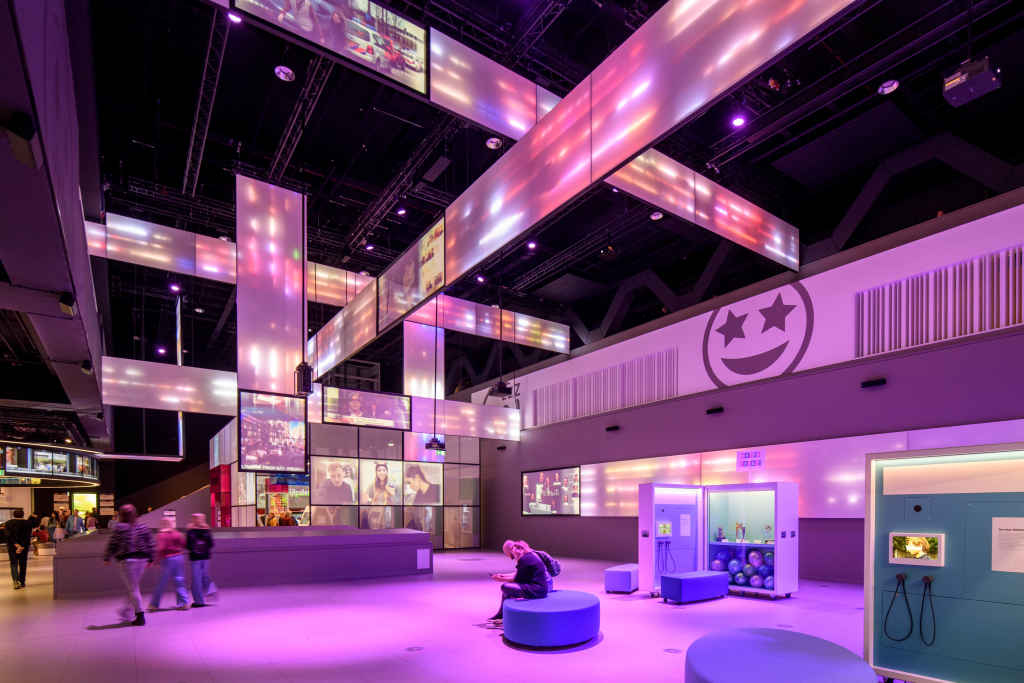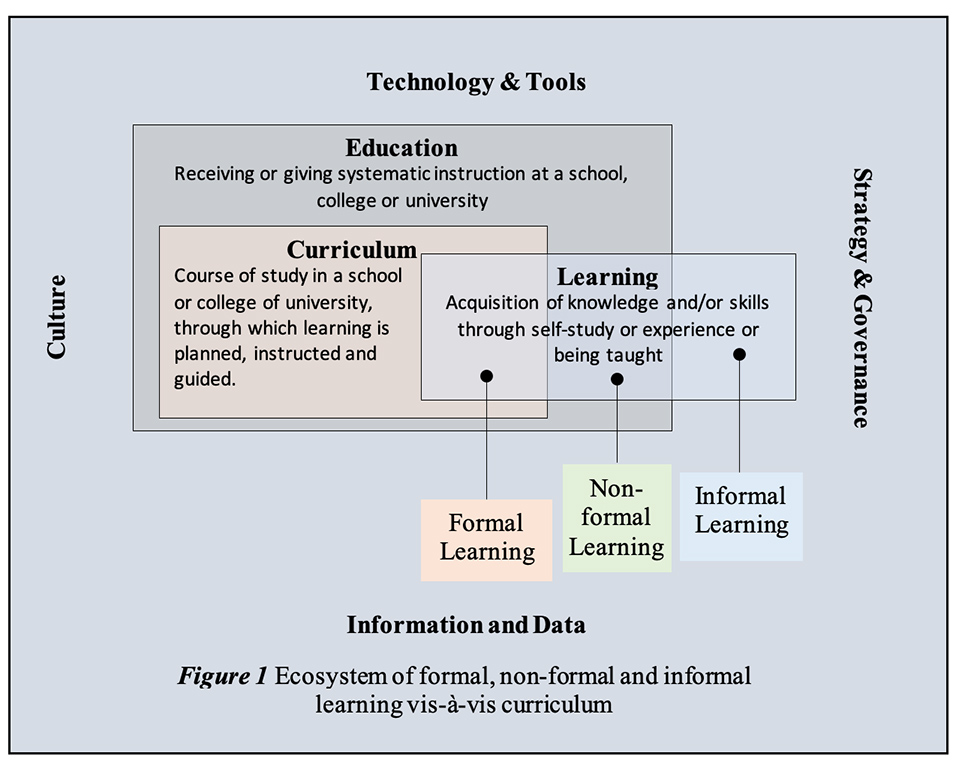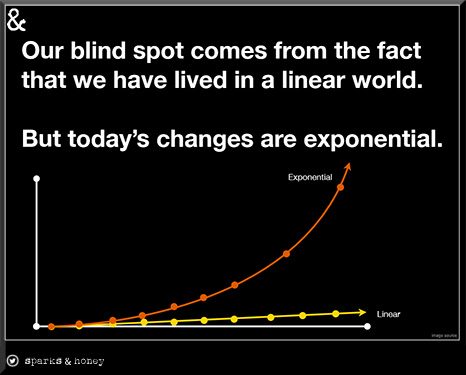In Finland, the Future of Learning Has Arrived — Just Not Where You Think — from samchaltain.substack.com by Sam Chaltain
It turns out the “Finnish Miracle” is more (and less) miraculous than you think . . .
But whereas Finland’s schools are still characterized by a culture of teaching, Oodi stands as a beacon of learning — self-organizing, emergent, and overflowing with the life force of its inhabitants.
.
From DSC:
As the above got me to thinking about learning spaces, here’s another somewhat relevant item from Steelcase:
Addendum on 6/6/23:
Also relevant to the first item in this posting, see:
Looking for Miracles in the Wrong Places — from nataliewexler.substack.com by Natalie Wexler
An “edutourist” in Finland finds the ideal school, but it isn’t a school at all.
Counterpoint/excerpt:
It sounds appealing, but any country following that route is not only likely to find itself at the bottom of the PISA heap. It’s also likely to do a profound disservice to many of its children, particularly those from less highly educated families, who depend on teachers to impart information they don’t already have and to systematically build their knowledge.
Of course it’s possible for explicit, teacher-directed instruction to be soul-crushing for students. But it certainly doesn’t have to be, and there’s no indication from Mr. X’s account that the students in the schools he visited felt their experience was oppressive. When teachers get good training—of the kind apparently provided in Finland—they know how to engage students in the content they’re teaching and guide them to think about it deeply and analytically.
That’s not oppressive. In fact, it’s the key to enabling students to reach their full potential. In that sense, it’s liberating.










